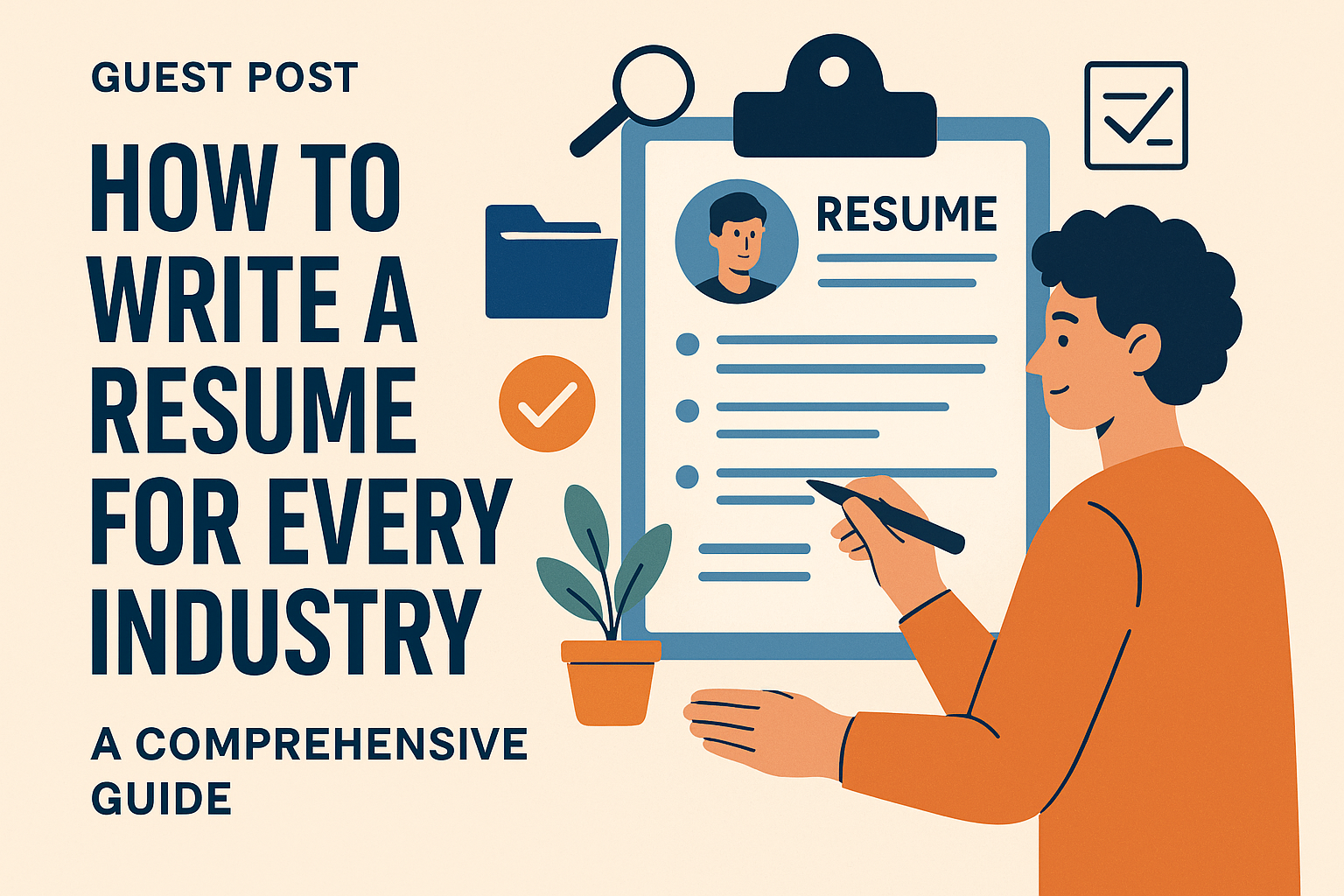How to Write a Resume for Every Industry: A Comprehensive Guide
Crafting a resume that resonates across various industries requires a strategic approach. While many opt for professional assistance, such as Resume Writing Services In Ireland, understanding the nuances of each sector can empower you to modify your resume effectively.
1. Understand Industry-Specific Expectations
Each industry has its own set of expectations regarding skills, qualifications, and experience. For instance, the tech sector may prioritize proficiency in programming languages, while the healthcare industry might emphasize patient care experience. Researching job descriptions, industry trends, and company cultures can provide insights into what employer’s value most.
2. Customize Your Resume Summary or Objective
The summary or objective section at the beginning of your resume should reflect your alignment with the industry’s needs. For example, a marketing professional might highlight creativity and campaign successes, whereas an accountant would focus on analytical skills and financial expertise. This customization demonstrates your understanding of the industry’s requirements and your suitability for the role.
3. Highlight Relevant Skills and Certifications
Showcase skills that are pertinent to the industry. For example, in the IT sector, skills like cybersecurity and cloud computing are valuable, while in education, curriculum development and student engagement are key. Including industry-specific certifications can further bolster your resume, signaling your commitment to professional development.
4. Tailor Your Work Experience
Reframe your previous job roles to highlight responsibilities and achievements that align with the target industry. Use industry-specific terminology and quantify accomplishments where possible. For instance, a sales professional might detail revenue growth and client acquisition metrics, while a project manager could highlight successful project completions and team leadership.
5. Adjust Formatting and Design
Different industries may have preferences regarding resume formatting. Creative fields might appreciate visually appealing layouts, while more traditional sectors may favor a clean, straightforward design. Confirm that your resume is easy to read and ATS-friendly, regardless of the industry.
6. Research Industry Trends and Keywords
Stay informed about the latest trends and keywords in your target industry. Incorporating these terms into your resume can help it pass through Applicant Tracking Systems (ATS) and catch the attention of hiring managers. For example, terms like “data-driven” in marketing or “lean management” in manufacturing can be beneficial.
7. Seek Professional Assistance When Needed
If you’re transitioning between industries or unsure about how to position your experience, consider seeking professional resume writing services. Experts can provide guidance on how to best present your skills and experience to align with industry expectations.
Conclusion
Modifying your resume for each industry is important in today’s competitive job market. By understanding industry-specific expectations, customizing your resume content, and staying informed about trends, you can create a compelling resume that improves your chances of securing your desired role.

